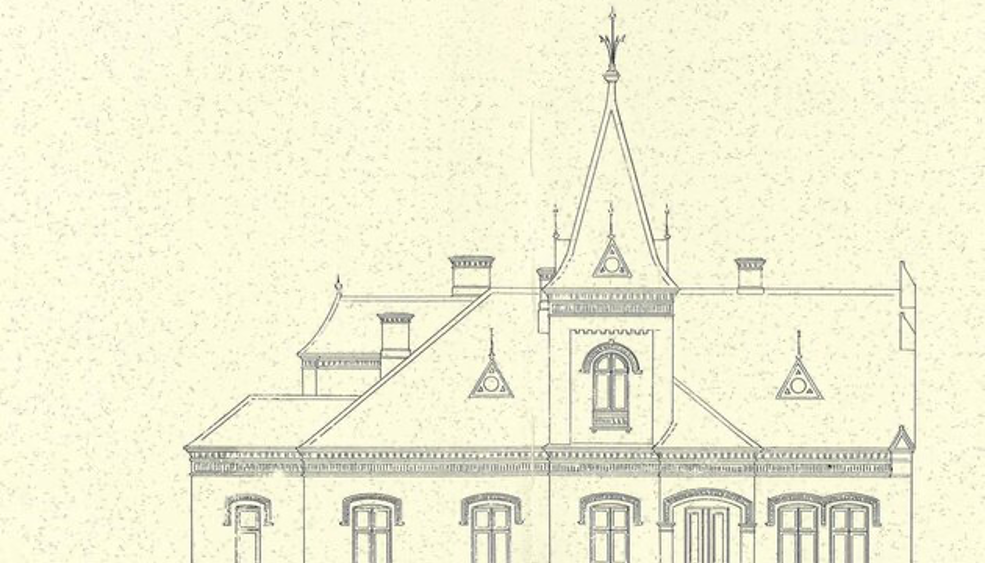Following the first part of a blog at Medical Humanities, Susanne Lundin in another medical humanities blog (published on 8 August, 2023) continues discussing on the role of ethnology in understanding human society. In this blog, the discussion is centered on research methods and research reflexivity.
Ethnologists often apply patchwork methods in data collection. That is, research material is usually gathered from different sources. It can be through conventional qualitative methods such as in-depth interviews and field observations; it can also be more quantitive-oriented methods such as questionnaires and surveys. It can also be through methods beyond verbal exchange such as drawings.
Ethnologists consider people as both the carriers and builders of culture. Hence, researchers’ own lived experiences as heavily influenced by particular cultural and social systems also provide important insights to interpret the collected material. In this way, the above-described ethnological patchwork method requires constant research reflexivity.

